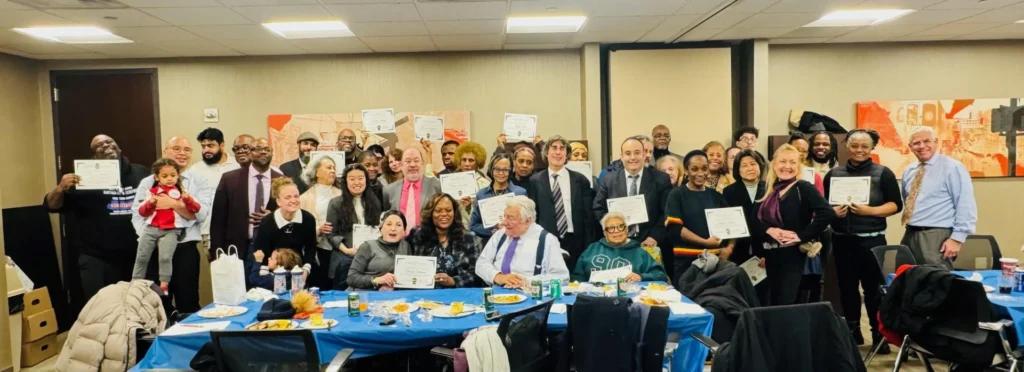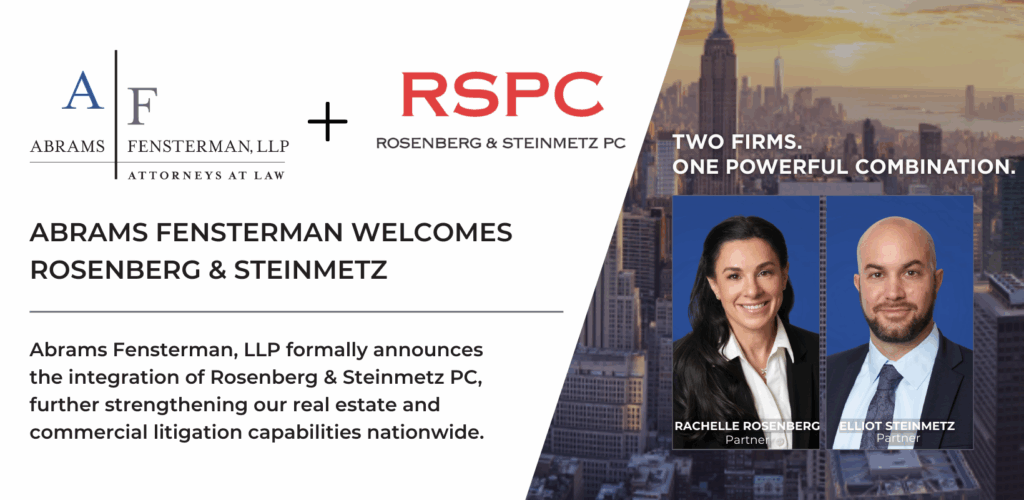For many physicians, clinical privileges are the keys that give them access to admit and see patients at various hospitals. Doctors spend countless years on education and training to obtain these privileges. However, in one swift action a hospital can issue an adverse clinical privilege action (e.g., suspension or termination), leaving the physician “locked out” of the hospital.
Below are some important facts and observations that every physician should be aware of regarding adverse clinical privileges actions.
I. Adverse Clinical Privileges Actions Can Be Reportable
Adverse clinical privileges actions or any professional review action that adversely affects the clinical privileges of a physician must be reported to the National Practitioners Data Bank (“NPDB”) and state regulatory authorities. Although these reports are confidential from the public, they can be readily available to other hospitals.
The Health Care Quality Improvement Act of 1986 (“HCQIA”) requires hospitals and certain other entities to query and report to the NPDB. The NPDB collects and releases certain information related to the professional competence and conduct of physicians. Hospitals are required to report certain negative matters to the NPDB. Such negative reports can serve as red flags for hospitals that are reviewing applicants for privileges and can lead to the denial of an application for new privileges or a reappointment application.
2. Hospitals Enjoy a Robust Immunity for Professional Review Actions.
Prior to the enactment of HCQIA, hospitals and peer re viewers faced the threat of litigation for punishing physicians who displayed substandard performance or unprofessional conduct. This threat unreasonably discouraged effective professional peer review action and warranted the passage of the HCQIA, which provides immunity for hospitals and peer reviewers.
Under HCQIA, hospitals and peer reviewers are presumed to have immunity and it is the doctor’s burden to prove otherwise. As a result, most lawsuits brought by physicians in this context have been dismissed due to the strong immunity presumed in favor of the hospitals.
3. The Hospital’s By-Laws Are Critical
The hospital’s By-Laws afford certain rights and protections to the physicians in the event of an adverse privilege action. This includes the right to a hearing and other review of such an action. The By-Laws may serve as a shield for the hospital to maintain immunity under the HCQIA . However, if the By-Laws are not followed by the hospital or are deficient under HCQIA, they can be a sword for the aggrieved physician. The hospital can lose its immunity under HCQIA if the By-Laws are facially deficient as written or if they are not followed by the hospital.
4. Thinking About Suing? Not So Fast
A premature lawsuit concerning an adverse privilege action will likely be dismissed in court, unless the physician exhausts all internal and administrative remedies. The hospital by-laws typically require aggrieved physicians to challenge such adverse actions at a hearing. The By-Laws may also contemplate expedited hearings for a summary suspension – or an immediate suspension due to alleged conduct that may pose an imminent threat to patient care and safety. Some By-Laws will also afford appellate review of a hearing -e.g., appeals before a higher body in the hospital, such as the board of trustees.
Once all of the hospital’s appeals are exhausted, physicians might also be required to exhaust state mandated administrative appeals. For example, under New York law, Physicians must challenge a termination of hospital privileges before the Public Health and Health Planning Council (“PHHPC”) before going to court. A physician’s failure to go to the PHHPC will likely cause a dismissal of a premature lawsuit.
5. Physicians Can Be Responsible for Attorneys’ Fees
After this point, you might be thinking that David had a fairer fight against Goliath. Physicians who lose a court battle concerning an adverse clinical privilege action may also be ordered to pay the hospital’s attorneys’ fees. The HCQIA provides for such remedies if the claim against the hospital or the physician’s conduct was “frivolous, unreasonable, without foundation, or in bad faith.”
6. Settlements Can Be Reportable.
Hospitals and physicians offer settle such disputes, with out resorting to hearings and litigation. However, physicians should be aware that a settlement does not necessarily alter a hospital’s legal obligations to report to the NPDB or other authorities.
The HCQIA requires reporting of the physician’s agreement to surrender privileges or accept a restriction of privileges: ( l) while a physician is under investigation by the hospital with regards to possible incompetence or improper professional conduct; or (2) in return for not con ducting such an investigation or proceeding. The HCQIA prevents hospitals from sweeping professional review actions under the rug in reaching an amicable settlement with the physician.
Undergoing a peer review action can be a trying and stressful endeavor for a physician. It is important to seek assistance from objection and impartial advisors, who are experienced in handling such matters.
For further questions, please contact Allan E. Silver, Esq. (585-218-9999) or Yulian Shtern, Esq. (516-328-2300).





